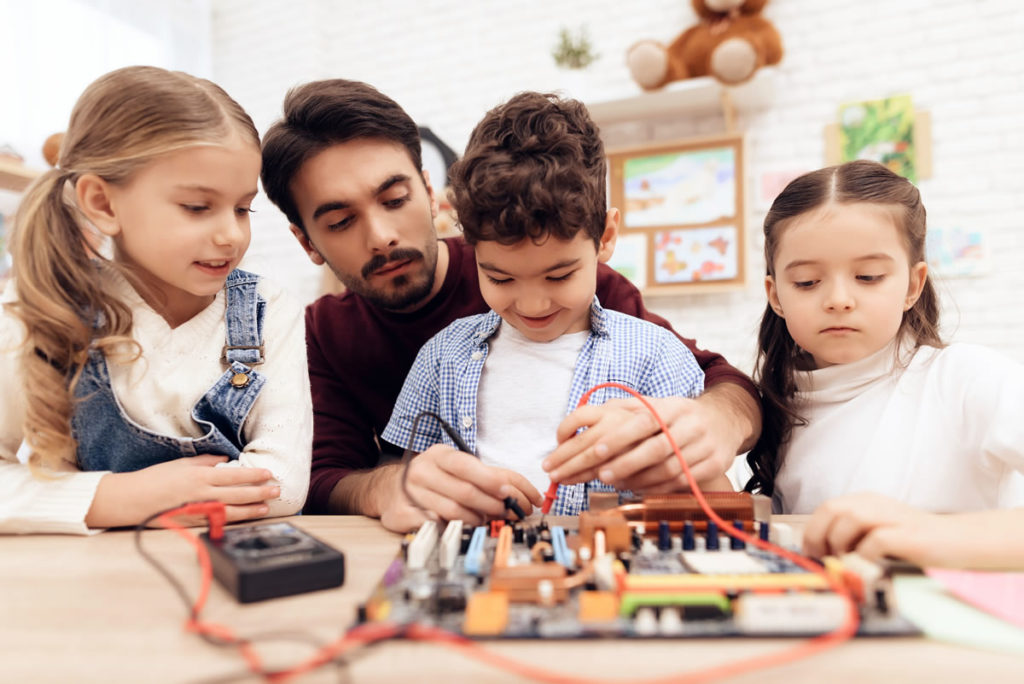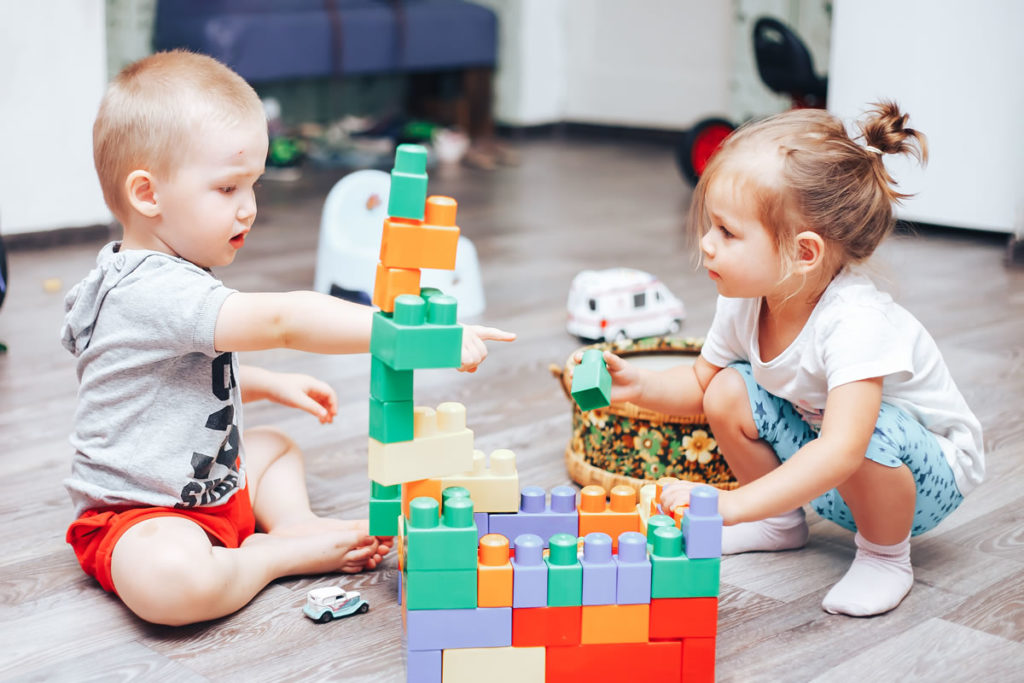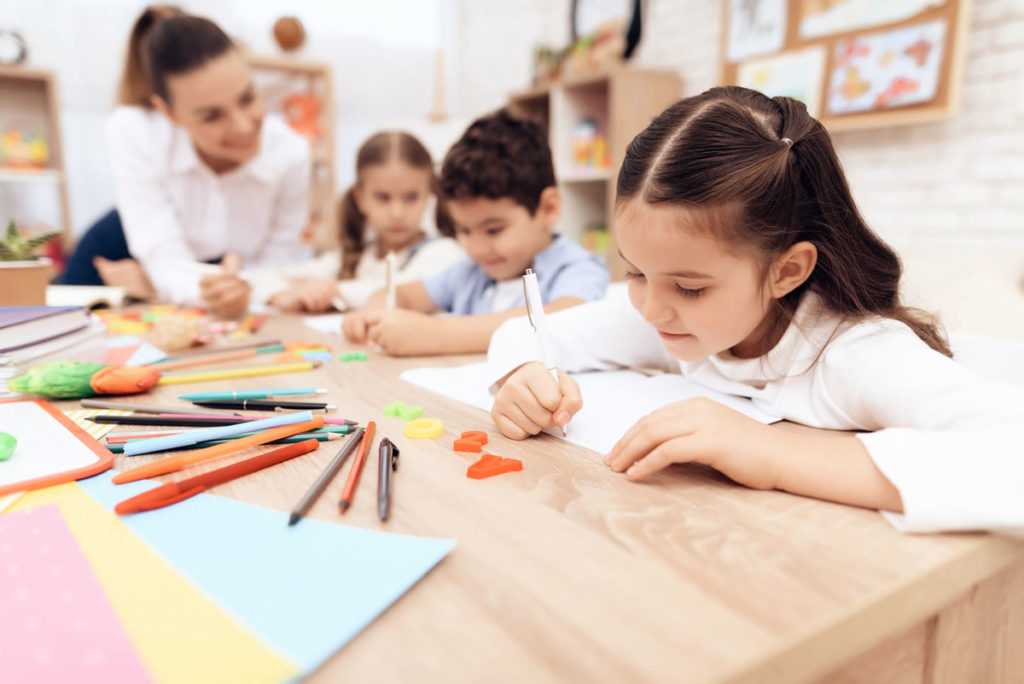All parents want their children to get good grades in school, but is it important to become a good student? A priori we could think that what is truly important is to have health, quality of life and happiness, but it is no less true that adequate academic training can also influence those same aspects.
And it is that studies are used for a large number of actions and daily situations , more and less complex, such as doing mathematical calculations to handle mortgages and taxes, understanding the economy and the financial and political forces that affect personal life, knowing data and knowing the natural and scientific worlds, observing and learning about the human legacy in art and literature… these are things that are learned by studying, that are simple, and that give meaning to life. This means that studying greatly helps to have the possibility of living richer and happier lives, since training allows better decision-making and creates an important sense of responsibility.

Does that mean that a child who does not go to college cannot lead a satisfying life? Of course not, but in addition to the possible advantages that it may have for the future, there is no doubt that helping our children to develop their intellect to the best of their ability is a great gift that will be useful for a lifetime and will help them grow as people.
But school success does not happen for its own sake, nor is it possible just because of studying and working hard, but it is necessary the affection and love towards the idea of learning new things and cultivating oneself, a responsibility that depends largely on the parents.
Keys to getting children motivated
- Intellectual examination begins with physical examination
A child who is told “NO” while exploring his world learns not to question. A young child who is constantly scolded for climbing higher will not become an explorer, physically or mentally. The more we say “no” to a child, the more his inner world will be filled with limitations and the lower his IQ will be.
- Always age-appropriate toys
Think of toys that can be used creatively in many ways, rather than predetermined games. The classics are still the best: blocks, paintings, clay, puppets, dolls, stuffed animals, vehicles … We must be able to encourage free play , which exercises the mind and imagination, allowing children to establish new neural paths.
- The importance of encouraging experimentation
Children are natural scientists and they learn by doing and discovering. They experiment just to see what happens and they don’t know, as we do, that the egg will hatch if they drop it on the ground. However, it is always important to be able to test (even such a simple thing) for yourself. So be patient and tolerate a certain amount of clutter, as only by upsetting things young children can understand the world around them (of course, always safely).

- Emotional development and enthusiasm for learning
Emotional development and enthusiasm for learning are more important than academics for young children, as in the end, children’s ability to do well in school will depend less on when they memorize the alphabet and more on their emotional development. , such as your ability to handle frustration and face new challenges . The main job of children in preschool should be to develop a healthy emotional life and a lot of curiosity about the world.
- Inspire questions instead of overloading with facts
It is true that every interaction with a child is a teachable moment, but always think twice about what you are teaching. For example, on a nature walk, take the opportunity to point out its wonders and all the beautiful things it has, but do not fall into labeling all living things or reducing the entire walk to a science lesson. Discovering the world should be something joyful and rewarding , worth repeating. At best the events are sometimes secondary, and at worst they are a complete distraction from the true magic of life. Do not forget that it is precisely that magic that will allow a child to want to learn more things.
- Help them carry out tasks, not do them for them
Parents’ job is to provide structure, not answers. You are not your children’s teacher, so do not evaluate the work or correct. Your real goal should be to help your little ones internalize good study habits. How should I go about learning the spelling words? How should I write a draft and revise it?… ”Help children discover the answers to their problems, and the more interest you show the better.

- Promote reading
Reading to your children is the most important thing you can do to increase their IQ. This means reading to them even once they can do it for themselves, because that way you will read more interesting stories than they can decipher.
- Learn to search and discover things
Children develop curiosity about the world, and doing so creates adults capable of continuing to be curious about things and still wanting to learn. Knowing how to find and evaluate answers is more important for children than knowing lots of facts. If you are teaching your children to look for things, go to the library or enroll them in computer classes and install search engines on the computer with parental control. In addition to basic security on the web, children should know that some sites are not reliable sources of data, so it is important that they also learn to evaluate the quality of a source.











































































































